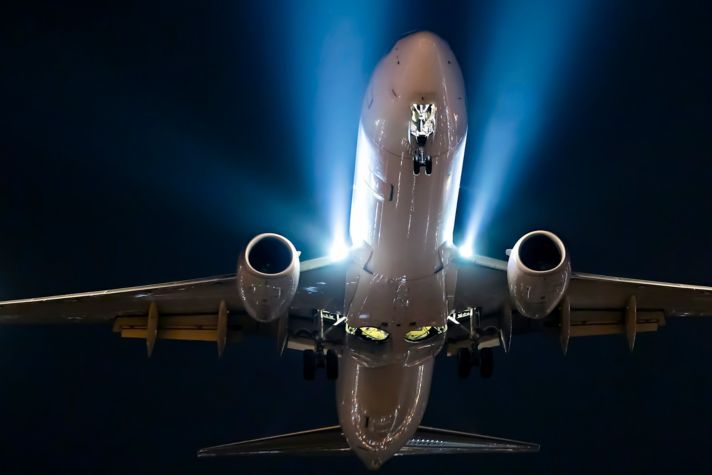-
Global
-
Africa
-
Asia Pacific
-
Europe
-
Latin America
-
Middle East
-
North America
- |
- BUSINESSES
- |
- Contact
- |
-
Global
-
Africa
-
Asia Pacific
-
Europe
-
Latin America
-
Middle East
-
North America
- |
- BUSINESSES
- |
- Contact
- |
You are browsing the product catalog for
You are viewing the overview and resources for
- News
- What is Sustainable Aviation Fuel?
What is Sustainable Aviation Fuel?
Your guide to SAF, the low-carbon alternative to conventional jet fuel that’s helping to transform the airline industry
Sustainable aviation fuel (SAF) – a low-carbon alternative to conventional, petroleum-based jet fuel – is helping the aviation industry lower its carbon footprint.
Here’s what to know about SAF and why it’s key to the future of flying.
How does SAF work?
SAF is produced by converting readily available materials into a drop-in replacement crude oil.
So far, those materials have included mustard seeds and soybeans; non-edible oils, such as used cooking oils, and animal fats.
Soon, sustainable biomass, such as forest trimmings and crop waste, will also be used to make SAF.
The result is a fuel that’s chemically identical to petroleum-based diesel and can be implemented without changes to aircraft technology.
Why is SAF important?
The aviation industry is a major contributor to global carbon dioxide emissions.
As air travel increases worldwide, so will its environmental impact. According to forecasts from the International Council on Clean Transportation, carbon dioxide emissions from commercial aircraft alone are set to triple by 2050.
SAF is key to helping the aviation industry reduce its carbon footprint, meet environmental standards and help contribute to less global warming.
How is SAF being used now? What does the future look like?
SAF can be combined with conventional jet fuel to power aircraft.
Progress is being made to allow SAF to be used as a 100% replacement to petroleum jet fuel on aircraft. On December 1, 2021, United Airlines made aviation history by flying the first passenger flight powered by 100% SAF -- taking passengers from Chicago to Washington, DC.
Soon, scaled production of SAF will let you fly from point A to B with a much lesser environmental impact compared to flying on a plane powered completely – or partially – by petroleum jet fuel.
Copyright © 2025 Honeywell International Inc.




